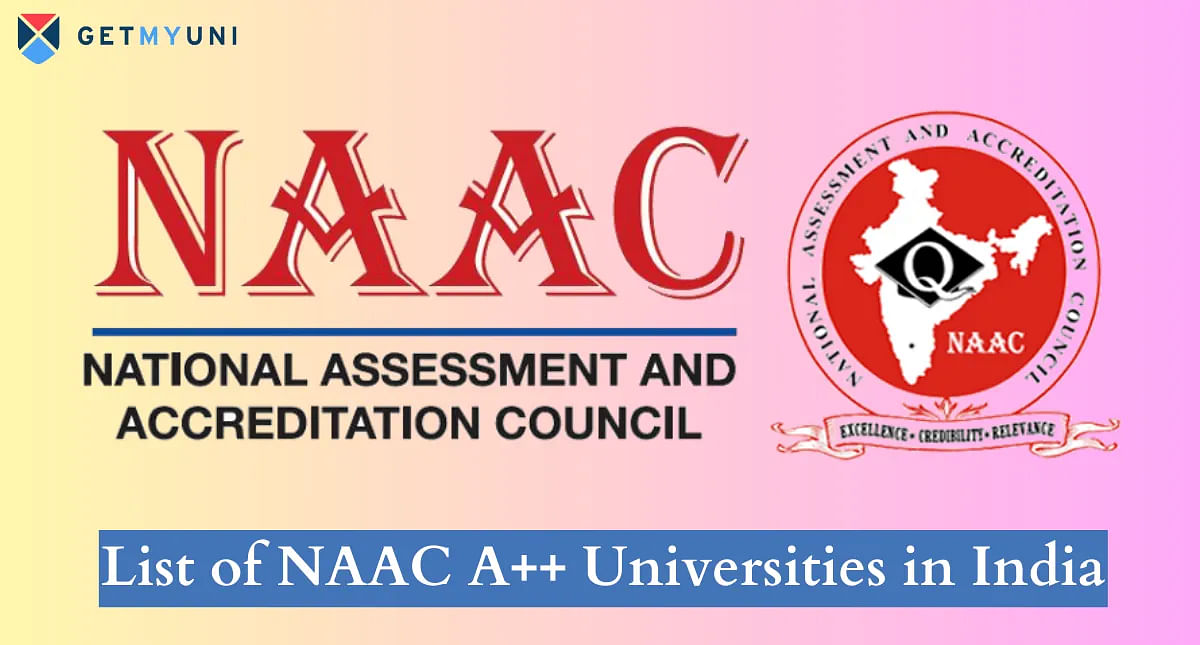FRM vs CFA comparison is difficult as both hold unique characteristics. A detailed comparison of FRM vs CFA on various aspects is highlighted below.
Table of Contents
FRM vs CFA main comparison factor is that the CFA program is a more general and extensive certification covering various financial issues. In contrast, the FRM program is focused on financial risk management. FRM vs CFA debate also shows that FRM is a specialized curriculum that imparts skills in risk management. In contrast, the CFA program includes investment management, financial analysis, and portfolio management..
FRM and CFA are both highly sought after in finance, but they provide unique opportunities for those who complete them.
FRM vs CFA: Key Comparison
While comparing FRM vs CFA, FRM concentrates on financial risk management, whereas CFA includes investment management, financial analysis, and portfolio management. The table below compares FRM vs CFA on various factors.
| Particulars | FRM | CFA |
| Full-Form | Financial Risk Management | Chartered Financial Analyst |
| Duration | 1 year | 1 year 6 months |
| Entrance Exams | FRM Level 1, FRM Level 2 | CFA Level 1, CFA Level 2, CFA Level 3 |
| Focus | Primarily concerned with financial risk management. | Covers investment management, financial analysis, and portfolio management. |
| Difficulty level | As compared to CFA, FRM is a simpler model. | As CFA covers a wider variety of subjects, it is often seen as more challenging. |
| Industry Specific | The CFA concept is relevant to a wide range of industries. | FRM is primarily used in banking, insurance, and financial services. |
| Average Fees | INR 1 lakh | INR 1 to 3 lakhs |
| Career Possibilities | Places a greater emphasis on risk management responsibilities. | Focused on portfolio management and investment management positions. |
| Average Salary | INR 5 lakhs | INR 4 to 8 lakhs |
FRM vs CFA: Overview
Financial Risk Management erstwhile FRM is for the financial, operational, and commercial management candidate's perusal. Once the candidates complete this 1-year course, they can find numerous career possibilities. Often the candidates who finish this course with a good percentage bag exceptional jobs with more than 5 lakh LPA salary.
CFA full form is Chartered Financial Analyst, mainly pursued by candidates who work as financial analysts. It is a goal-oriented course whose main objective is to impart knowledge to the candidates on subjects like financial and investment analysis.
FRM vs CFA: Eligibility Criteria
The CFA program requires a Bachelor's degree or equivalent and at least four years of investment sector job experience or a mix of education and experience. Therefore, taking the FRM Test requires neither prior education nor work experience. The detailed CFA vs FRM eligibility comparison is mentioned below.
FRM Eligibility Criteria
Candidates must have completed their bachelor's to apply for this course. Students must also pass both FRM levels, have two years of work experience, and be GARP members. Besides, there are no such eligibility criteria specified by the authorities.
CFA Eligibility Criteria
At the time of application, candidates must ensure they have earned their bachelor's degree or be in their final year of study. Students must pass the required entrance exams for the programme. There is no maximum age for enrollment in the programme.
Check CFA Related Articles:
| CFA vs CMA | CFA Vs CA |
| CFA vs MBA | Finance Certification Courses in India |
FRM vs CFA: Admission Process
Different institutions and programs may have different standards and processes for admission. The admissions standards for the CFA and FRM programs are detailed below.
CFA Admission Process
The Certified Financial Analyst (CFA) degree is a recognized professional certification for investment managers and financial analysts. The admission procedure for the CFA program includes the following phases.
- Step 1 - Meet the eligibility requirements, which include a bachelor's degree.
- Step 2 - Applicants can apply for the CFA program by visiting the CFA Institute website.
- Step 3 - There are three tiers to the CFA program, each with its test.
- Step 4 - Candidates must pass all three levels of the CFA exam to graduate. Only some institutes require qualified work experience.
- Step 5 - After completing the program, applicants receive the CFA charter, a respected investment management and financial analysis degree.
FRM Admission Process
No entry-level or experience-based eligibility criteria exist for the FRM Test; anyone can sit for it. However, the following steps for the FRM admission process include:
- Step 1 - Applicants must enrol in GARP, make an enrollment ID, pay FRM fees, and apply for FRM Test Part I.
- Step 2 - After paying the FRM fees, candidates can book their exams in GARP.
- Step 3 - Applicants can choose from over 100 test locations globally for their exam date.
- Step 4 - Applicants need to pass both stages of the FRM examination. After FRM Part I, candidates have 4 years to finish FRM Part II.
- Step 5 - Applicants must show proof of two years of full-time work. Candidates will be qualified once their job experience is verified.
CFA vs FRM: Exams
The CFA and FRM programs require applicants to pass their respective entrance examinations. In addition, certification programs provide study materials to prepare candidates for exams. The following lists the entrance exams for the CFA and FRM programs:
| CFA Exams | FRM Exams |
| CFA Level - 1 | FRM Part - 1 |
| CFA Level - 2 | FRM Part - 2 |
| CFA Level - 3 | - |
FRM vs CFA: Difficulty level
After analysing the eligibility criteria and scope of CFA vs FRM, it can be easily drawn that both certifications offer different opportunities and lead to outstanding careers. Nonetheless, with higher career scope comes difficulty.
FRM Difficulty level
FRM is technical and focuses on financial risk management. Part I covers risk management foundations, while Part II applies them. Candidates with a more substantial quantitative analysis and statistical modelling base may find the FRM exam challenging. In addition, the FRM exam requires extensive knowledge of financial markets, laws, and the global economy.
CFA Difficulty level
CFA covers investment management, financial analysis, and portfolio management. Each level of the CFA program covers a separate set of subjects in great depth. In addition, the CFA emphasizes ethical and professional standards, case studies, and practical financial ideas. As a result, CFA is considered complex owing to the various topics covered and the knowledge required for each subject.
Read More: Free Online Government Certification Courses
CFA vs FRM: Top Colleges
FRM and CFA degree programs are available at many schools and institutions, providing a solid basis for certification. Top-ranked institutions provide students with resources and mentorship to prepare better. You can compare FRM vs CFA colleges below.
Top Colleges that offer CFA in India are as follows:
- CIIMS, Jabalpur
- Amity University, Noida
- Bennett University, NOIDA
- G.D. Goenka, Gurugram
- Lovely Professional University
- ICOFP, New Delhi
- ICOFP, Kolkata
- ICOFP, Chennai
- ICOFP, Lucknow
- Narayana Business School, Jaipur
Listed below are the popular colleges for FRM:
- JK Academy of Professional Excellence
- Skillfin Learning
- Seair Exim Solutions
- Share Market Solutions
- PFA Institute
- Toppers Trading Institute for Share Market
- Bhakoo Training Institute Pvt. Ltd.
- EMS Share Market Classes
- Excel Strategies
- Vruddhi Vikas Group
FRM vs CFA: Career Scope
The career scope comparison for FRM vs CFA is evident as the CFA course is excellent for people interested in investment banking, portfolio management, or financial research. At the same time, FRM allows jobs in risk management possible in banks, treasury divisions, or risk evaluations.
FRM Career scope
After completing the FRM certification course, candidates can get a job in the following fields.
- Risk Quantification Manager
- Enterprise Risk Manager
- Risk Manager
- Market risk specialists
- Credit risk specialists
FRM salaries in India depend on experience, area, and industry. Graduates may expect to earn an average income of INR 5 to 7 lakhs in FRM professions.
Read More: FRM Scope in India
CFA Career Scope
There are a multitude of options available once the certification is achieved. Listed below are some of the best career opportunities:
- Portfolio Manager
- Risk Analyst/ Risk Manager
- Investment Banker
- Investment Officer
- Research Analyst
- Data Scientist
- Private Wealth Manager
- Investment Strategist
- Investment Consultant
- Accountant/ Auditor
A Certified Financial Analyst may expect to earn between INR 3.5 and 8 LPA. Student experience, job description, location, and more affect income.
Read More: CFA Scope in India
FRM vs CFA: Which is better?
To choose between FRM and CFA degrees depends on career goals and student preferences. The FRM program is a good option for those who want to focus their studies on financial risk management. The CFA program could be a better match if there is an inclination toward a more generalist approach to finance.
CFA vs FRM both offer excellent salaries in India after completion. Candidates who want to work as a Risk Quantification Manager, Enterprise Risk Manager, Risk Manager, Market risk specialist, or Credit risk specialist take up FRM. Candidates opting for CFA can pursue a career similar to that of CFA and additionally take up investment banker, data scientist, accountant, auditor, and more.























POST YOUR COMMENT